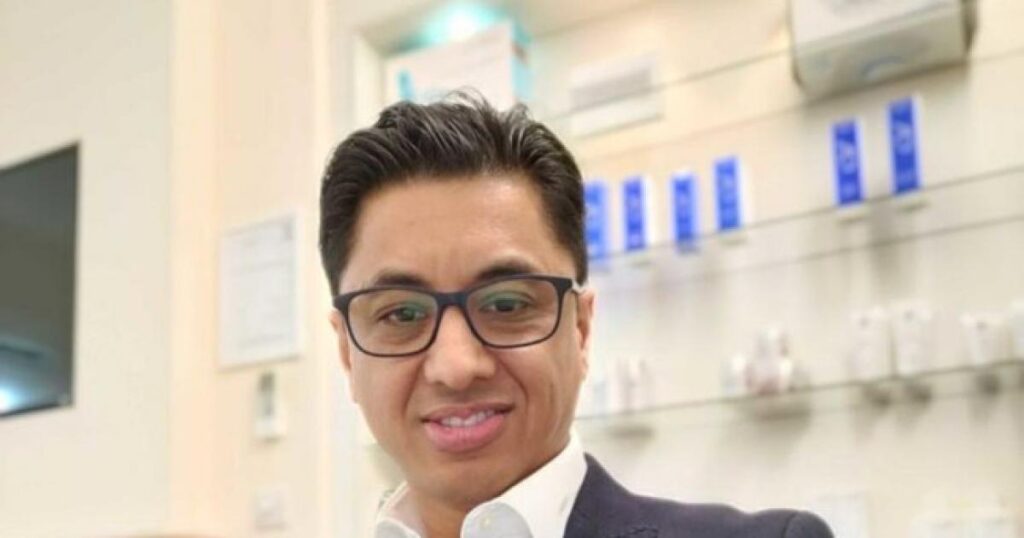Lipedema research has gained significant momentum, with over 50% of studies published in the last five years, including nearly 50 primary data studies in 2023 alone, many supported by the Lipedema Foundation.
These efforts focus on improving diagnostics, understanding the biology of lipedema fat, and exploring its hormonal and genetic triggers, which affect 20-60% of patients. Emerging evidence highlights dysfunctional adipose tissue, increased fibrosis, and leaky blood vessels as key contributors to symptoms, with ongoing studies investigating myofibroblast-like cells and angiogenesis.
Dr Edwin Anthony, a leading expert in lipedema treatments, emphasises the transformative potential of tumescent liposuction, a highly effective treatment for removing lipedema fat, reducing pain, and improving mobility. At Contoura Medical, Dr Anthony employs advanced lymphatic-preserving techniques to minimise complications, with results lasting an average of five years. “Our goal is to empower patients with tailored solutions that address both physical and emotional challenges,” said Dr Anthony.
Non-surgical options remain vital, including compression therapy, manual lymphatic drainage (MLD), and anti-inflammatory diets. Emerging drug therapies, such as RZL-012, show promise in reducing fat pads and pain through targeted injections, while medications like Semaglutide are under investigation for their anti-inflammatory and fat-reducing potential.
Dr Anthony added: “These innovations, combined with personalised care, are revolutionising lipedema management.”
Despite its prevalence, lipedema lacks definitive biomarkers, relying on clinical evaluation and patient history for diagnosis. Dr Anthony advocates for increased awareness among healthcare providers to reduce misdiagnosis. Tools like DEXA scans and lymphangiography are being explored to enhance diagnostic accuracy, while organisations like Lipoedema UK provide critical resources for patients.
Lipedema significantly impacts mental health, with 85% of patients reporting challenges such as depression or low self-esteem. Dr Anthony stresses the importance of a multidisciplinary approach, integrating psychosocial support and community resources like those offered by the Lipedema Foundation. “At Contoura Medical, we prioritise comprehensive care, ensuring patients feel supported at every stage,” he said.
While research continues to unravel lipedema’s complexities, robust clinical studies are needed to validate new treatments and refine diagnostics. Dr Anthony and Contoura Medical remain committed to advancing lipedema care through cutting-edge techniques and patient advocacy. Patients are encouraged to consult specialists like Dr Anthony and explore resources from Lipoedema UK and the Lipedema Foundation for guidance.




